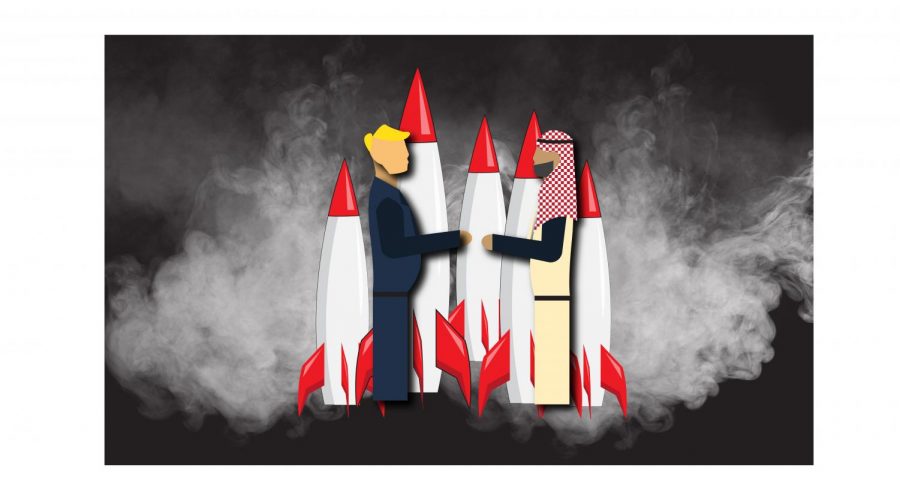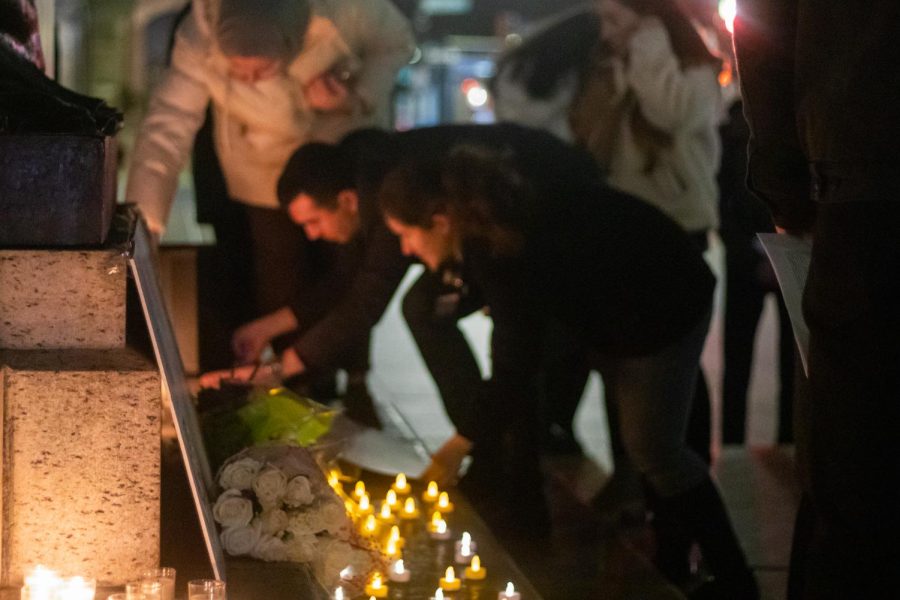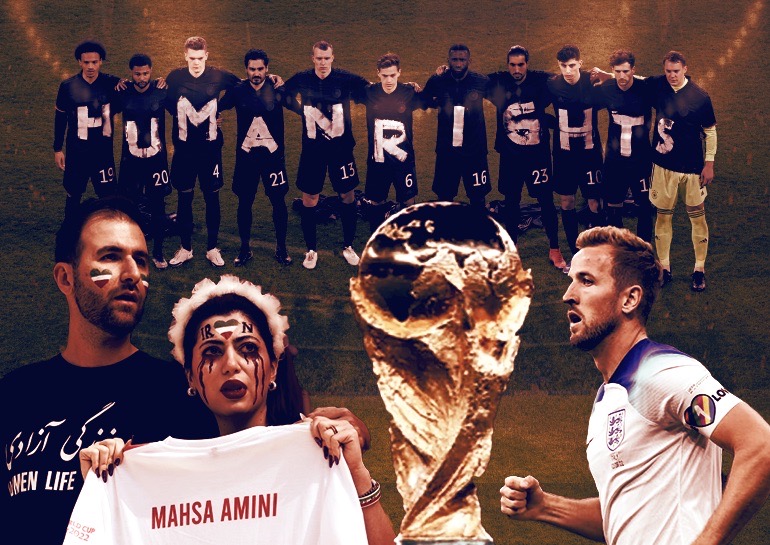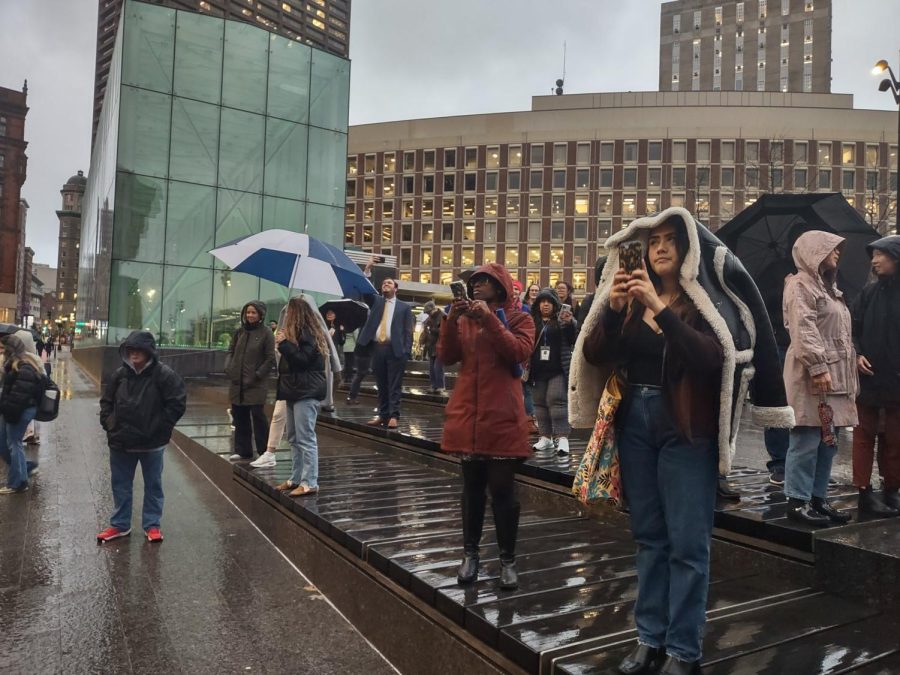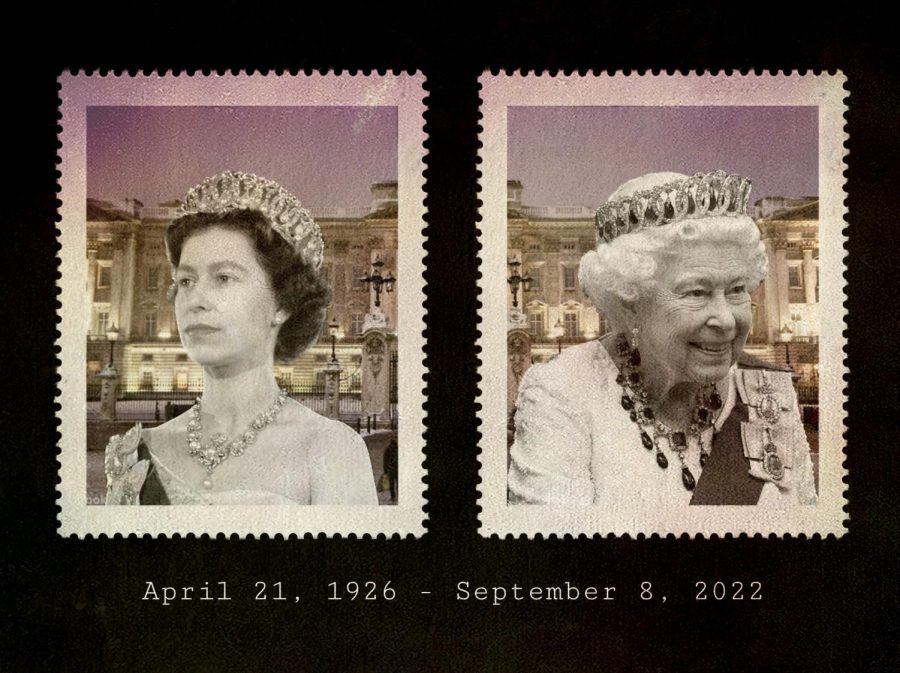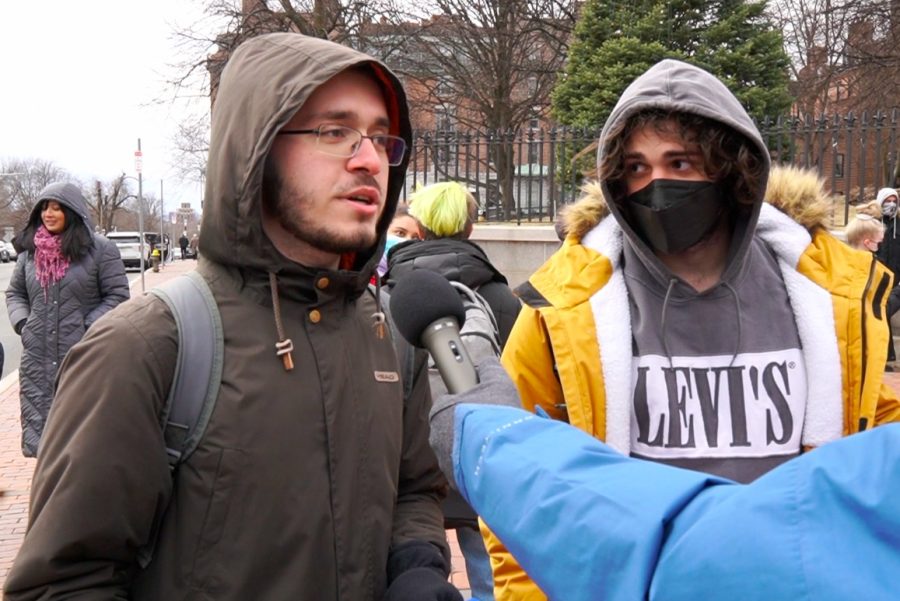On Oct. 2, United States based Saudi journalist Jamal Khashoggi walked into the Saudi Consulate in Istanbul, Turkey – that was the last day that Khashoggi was seen alive.
According to BBC, Turkish officials believe Khashoggi was brutally murdered in the consulate. They claim to have the audio to prove it.
The Saudis have changed their story multiple times. Saudi Crown Prince Mohammed bin Salman told Bloomberg that Khashoggi left the consulate “after a few minutes or one hour.”
After these flat-out denials failed to satisfy the international community, the Saudis claimed that Khashoggi was killed as part of a “rogue operation.” Next, the Saudis said he died in a fistfight. Later, they publicly stated that the journalist’s murder was “premeditated,” according to Bloomberg.
Saudi Arabia has had strained relations with the U.S. starting with formal diplomatic relations in 1993. For too long, the U.S. has overlooked the violence within Saudi Arabia so long as the nation has fueled U.S. military interests and supplied the nation with oil.
Despite their support of U.S. military interests, the Saudis are perhaps the greatest threat to American democracy since the Cold War. Based on prior U.S. interactions, it is clear that the Saudis do not like us and that we do not like them.
In 2016, the U.S. government released the final 28 pages of the 9/11 Commission Report, a series of heavily redacted national security documents. The pages suggest that the Saudi Arabian government was apart of funding the single largest terrorist operation against this nation. Nineteen hijackers attacked us on 9/11; fifteen were Saudi, according to the report.
If this weren’t bad enough, there’s also the horrific human rights record of the Saudi government.
Women couldn’t drive in Saudi Arabia until June 2018, and they only make up 5 percent of the working population in Saudi Arabia. Repeated drug use, apostasy — renunciation of Islamic beliefs — witchcraft, adultery and homosexuality are all capital crimes. Executions are carried out via public beheading, stoning or firing squad. Free press is all but nonexistent.
Despite these brutal incidents, the U.S. has continued to deal with the Saudis as if they were an ally. In 2010, the Obama administration announced a $60.5 billion arms sale — the largest in history — to the Saudis, according to The Washington Post. In August 2018, according to The New York Times, a Lockheed-built bomb manufactured in the U.S. was used by the Saudis to bomb a school bus; 51 people, including 40 children, were killed.
None of this will change any time soon. President Trump and his son, Donald Jr., have a strong personal relationship with Crown Prince Mohammed. Trump has publicly praised Mohammed and has substantial business interests in the nation, according to CBS News. His Plaza Hotel near Central Park and his yacht were both purchased by a Saudi billionaire.
“I love the Saudis,” President Trump remarked during his 2015 announcement of his candidacy for president. “Many are in this building.”
Instead of relying on our President, who is completely at the whim of the Saudis financially, we must demand that Congress take action in response to the brutal murder of Khashoggi.
There is a will in both houses of Congress, both controlled by members of the Republican Party, to punish the Saudis for their egregious treatment of the U.S. and its allies.
While considering if the Saudis were responsible for Khashoggi’s death, House Speaker Paul Ryan (R-Wis.) said, “If this is the case, it’s atrocious, and we have laws for this,” according to CBS.
Congress has the power of the Magnitsky Act. This Act, aimed mainly at Russia, allows the U.S. to sanction foreign powers for human rights abusers across the world.
Since Congress must be notified thirty days before an arms sale, they have the power to stop the sale that Trump has claimed requires an alliance with the Saudis. There’s also the Justice Against Sponsors of Terrorism Act, passed in 2016 over Obama’s veto. It allows families of victims of the 9/11 attacks to sue Saudi Arabia.
There are several methods of recourse here, all of which should be considered in responding to the Saudis. They are not our friends, our allies, or even our frenemies. This is not a game; this is the real world. A war in the Middle East that we are involved in is the only option that should be off the table. We need to sanction the Saudis into irrelevance. It’s the only way to go.


